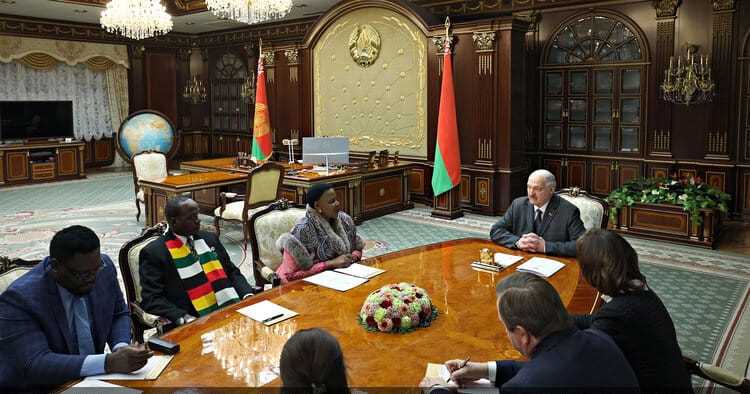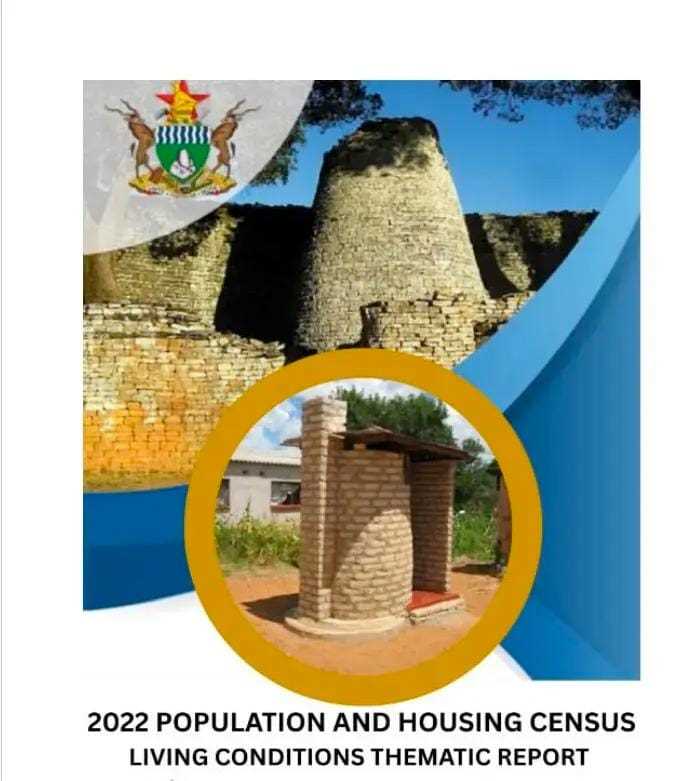
The Government has introduced major changes aimed at simplifying business licensing for retailers and wholesalers, in a move officials say will reduce the cost of regulatory compliance and support the growth of small businesses across the country.
The reforms, announced on 10 September 2025 and confirmed in a statement issued this week by the Ministry of Finance, Economic Development and Investment Promotion, consolidate multiple retail licences into single shop licences and cap licensing fees for smaller operators. The measures form part of ongoing efforts to improve Zimbabwe’s business environment across key sectors.
“The retail sector is one of the fastest growing sectors in Zimbabwe, and to further strengthen it, Government has converged to remove the fragmentation of licences, consolidating several retail licences into one shop licence and reducing the number of authorities involved in the clearance process to one,” the Finance Ministry said.
Under the new system, local authorities will introduce a sliding scale fee structure for small enterprises, with the total licence requirement capped at US$500 per business to promote the participation and formalisation of SMEs.
Government said 11 separate licence requirements have now been merged into a single local authority business licence. This means businesses such as butcheries, restaurants, bakeries and general retail shops will operate under one certificate instead of multiple permits previously required.
“Government has removed eleven (11) licence requirements by consolidating all Local Authority fragmented licences into one unitary licence,” the statement said, adding that costs for businesses that previously required factory licences of up to US$2,300 have been eliminated.
Bottle store licences have also been removed for retail shops already holding valid shop licences, while businesses that operate both wholesale and retail will now only require one permit. Factory and retail licences have similarly been combined to support integrated business models.
Related Stories
The Ministry noted that supermarket licensing requirements previously attached to the Zimbabwe Tourism Authority classification system have also been scrapped for ordinary retail outlets. “Licence requirements for supermarkets by ZTA have been scrapped from retail shops to tourist designated businesses,” the statement said.
Additional cost-reducing measures extend beyond retail. Fees for hotel and lodge licences have been reviewed downwards by 50% and capped at US$500 per business, while the Change of Property Use fees charged by local authorities will no longer exceed US$1,000 — down from levels that in some cases reached US$3,500.
The government has also cut effluent waste management fees from US$575 to US$200 annually, and the Liquor Licensing Board will now issue a single liquor permit regardless of business location.
Meanwhile, the Local Authority Financial Services Licence will be replaced by a single annual licence issued by the Reserve Bank of Zimbabwe, costed at US$20, down from previous charges of up to US$1,867.
In addition, the permit for the sale of veterinary products issued by the Medicines Control Authority of Zimbabwe has been abolished due to overlap with the Veterinary Services Department.
“These measures are meant to aid in the creation of a conducive economic environment where jobs will be created, productivity improved across all sectors of the economy, achieving high growth rates through improving the ease of doing business,” Finance Minister Mthuli Ncube said in the statement.
He added that government remains committed to encouraging both domestic and foreign investment. “Government remains committed to improving the business environment to encourage domestic and foreign investment,” he said.
The Ministry has said the full schedule detailing revised fees and licence structures is available on its website.




















Leave Comments